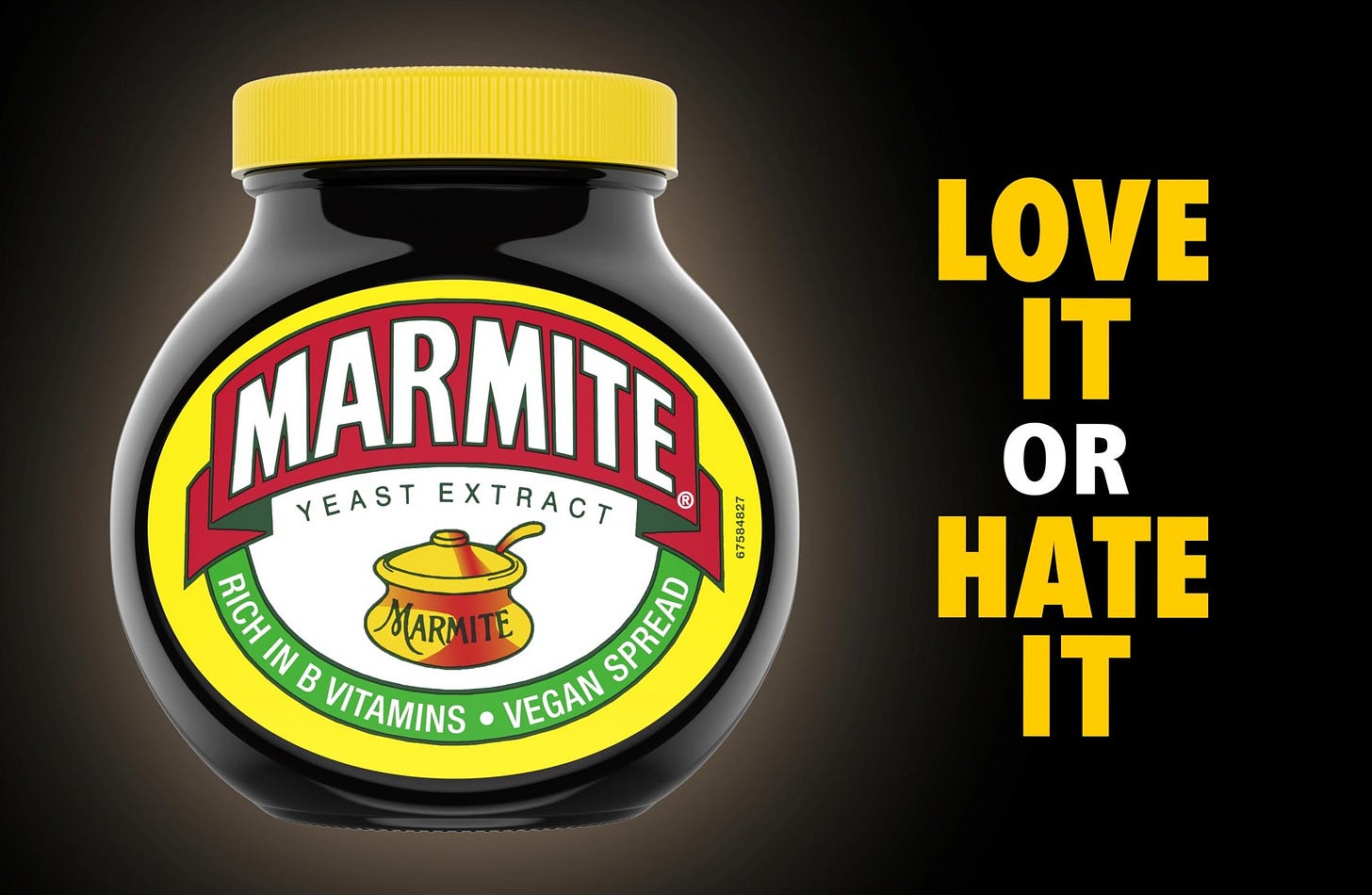Happy Friday! Welcome to this week’s Substack, and hello and welcome to my new subscribers.
I’ve had a number of conversations this week with clients about people pleasing. Given it’s such a common habit, especially amongst high achievers – who have often spent their lives seeking external validation – I thought it would be worth a deeper dive.
Deep down, we all want to be liked. It’s hard wired into our brains, back from the days when our safety and our very survival relied on us belonging to a social group. Rejection by your peers could be life threatening. Evidence also suggests that there is some neural overlap between social rejection and physical pain. Not being liked, quite literally, hurts.
Unfortunately for us, our brains haven’t evolved as fast as the world has. That primal need to belong still burns strongly, even when our basic survival needs are met.
So our brains have transferred it onto the next best thing, causing our “likeability” to become a barometer of our self-worth. Whether we admit it to ourselves or not, many of us still equate being “good” or “worthy of love” to the number of people who like us. It’s small wonder we find it hard to tolerate being around or working with those who don’t like us, and often put a lot of effort into trying to change that perception.
Busy but never productive
That task will keep us very busy, yet is thankless and usually unproductive. However hard we try, however much work we put into it, we cannot manage or control what other people think and feel.
More than that, it can have significant impacts on our own wellbeing. People pleasing is frequently exhausting, pouring our energy into something and getting little in return. It can lead us to set unhealthy boundaries, working harder to try and prove we are worthy of praise or of being liked. It can breed resentment, when we over-give to others inside unbalanced relationships.
We also give away power over our own happiness and contentment. Because unless we get that validation, unless that person shows that they like us, unless we receive that sought after praise which we have no control over, then we remain unhappy. And from that worldview, there’s nothing we can do about it.
People pleasers, like all of us, get a dopamine hit when they receive that praise or validation. That in itself can be problematic, because it means people pleasing is not all bad. Those dopamine hits really land, they feel good. But living a life of general dissatisfaction whilst waiting and hoping for moments of validation and feeling good really isn’t much fun.
The Paradox of People-Pleasing
There’s a paradoxical element of people pleasing too.
And it’s true, right? You don’t like everyone. Even if you’re easy going, even if you’re generally a positive person, looking for the best in people, you still don’t like everyone.
So why on earth would everyone like you, all the time? It makes no sense.
However, understanding it makes no sense, and actually being able to break the habit are two different things. So let’s explore a couple of ways you might approach this if you recognise yourself in this pattern (even if only slightly).
Embrace being a bit more marmite
Those reading this who are from the UK, and from a certain era, will probably be familiar with this reference. (If not, you may wish to have a look at this before you read on).
If you’re not familiar, Marmite is a thick, dark, and salty spread made from yeast extract. It tends to elicit a reaction of either loving it or hating it with nothing in between, something played upon a lot in their advertising. Side note, I am very firmly in the love it camp (and writing this is making me crave eating it lunch today 🤣). Anyway, I digress…
When we people please, we tend to mould and adapt ourselves around others, their needs, their wants, their opinions. We end up trying to be everything to everyone, and in the process can in fact become a little forgettable. No one really knows who we are, what we think, or what we stand for, because those things change depending on who we are with.
Being willing to be a bit more Marmite can be fun, and is actually a whole lot less tiring. Have an opinion, express it, behave the way you think best, say no sometimes etc. Some people may disagree, some people may have an opinion about it, some people might even not like it.
To that I say, so what?
Remember, you don’t like everybody or everything that everyone else does. So that’s pretty normal, and doesn’t mean there is anything wrong.
As a (recovering) people pleaser, it’s unlikely you’ll go so far the other way as to be actually offensive, so take a few (manageable) risks. Discover that they, and you, get over it. Learn that other people not always liking you or what you do doesn’t mean you can’t work effectively with them. Find out that whether they agree and like you or whether they don’t, you’re still OK. The vast majority of the time, nothing bad happens. If it does, it is much more about the other person and doesn’t mean anything about you.
Let it go
With apologies for introducing an earworm to your day, the other thing to practise is letting it go.
If you do experiment with being a bit more Marmite, you will have moments where others don’t react positively. That will be uncomfortable. Chances are you’ll have a reaction, perhaps fear or regret, maybe resentment or sadness. The emotion is normal, and, you don’t have to do anything with it. Feel it, allow it, then let it go and move on. The emotion doesn’t mean anything, nor should it drive your behaviour. Let the more rational parts of your brain do that. But, to get them involved again, you’ll probably have to let the emotion out first.
Supporting others
If you see these tendencies in others, there are a few things you can do which may support them to break up the pattern:
Practice clear, direct communication about your needs and wants, and encourage them to do the same.
Model healthy boundaries, including saying no sometimes.
Support the no: make it clear to them that no is an option and gently challenge when you think a yes is coming from a pleasing tendency. If they say no, be supportive and encouraging.
Discuss options and talk through the pros and cons of each before asking them to make a choice.
Model healthy disagreement and conflict with others, to show that it can form part of a healthy relationship.
What else would you add?
Let me know, and if you’re looking to become a recovering people pleaser, let me know how you get on by adding a comment and joining the conversation.
In case you missed it…
Recently I was a guest on the We Are Human Leaders podcast, talking about all things Do Sweat the Small Stuff.
In it, we explored numerous key questions for people-centred leaders, including how to ensure optimal outcomes for our relationships, our leadership and the culture we create. We also looked at the four foundational pillars of great leadership, what they are and why they matter.
If you’d like to have a listen, you can find the episode everywhere you usually get your podcasts (search for “We Are Human Leaders” on Spotify, Apple Podcasts or Amazon Music) or you can listen directly via this link. Enjoy!
Interested to work with me? Drop me a message and let’s chat.
Referrals are at the heart of my business. If you know anyone who might benefit from working with me, whether coaching, workshops or speaking at their event, please send them my way – thank you!
If you know someone else who might enjoy this, click here to send it to them directly:
See you next week, where I’ll be looking at this from the other perspective – how to work with people we don’t like – in a review of Getting Along, by Amy Gallo.






